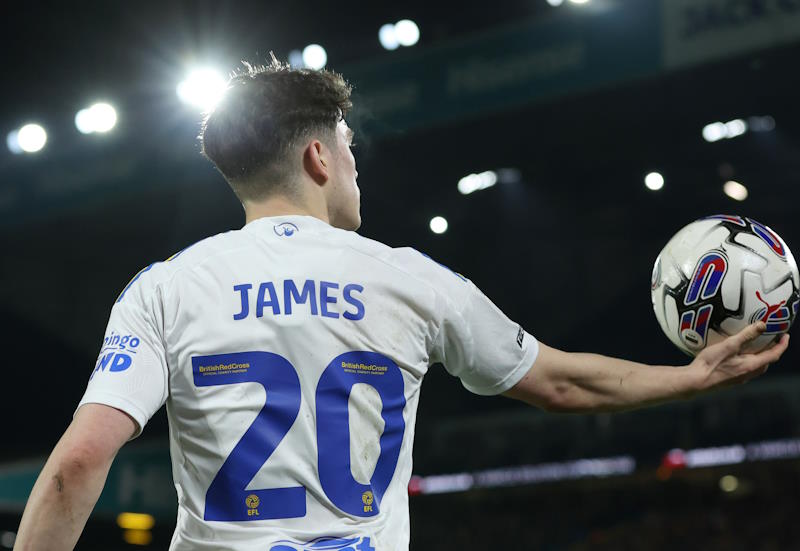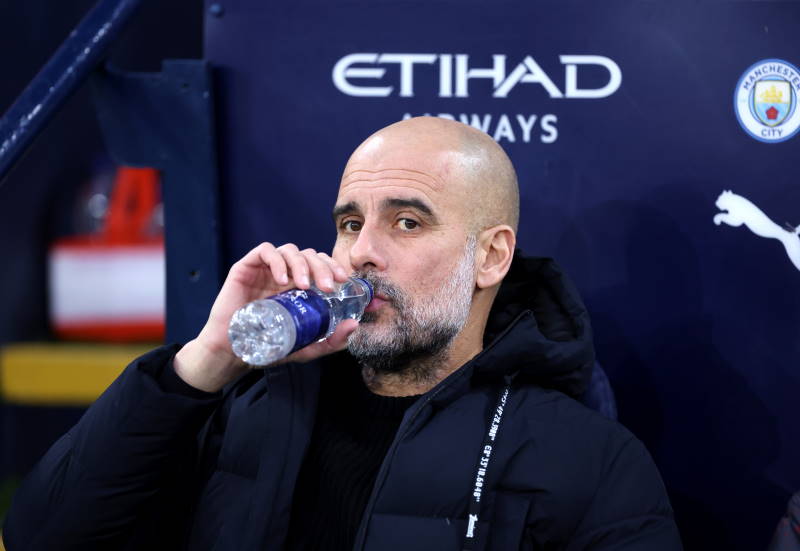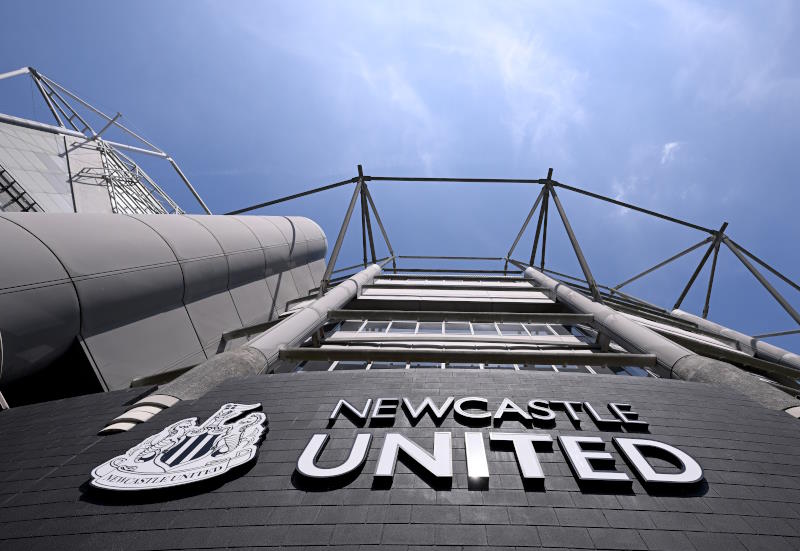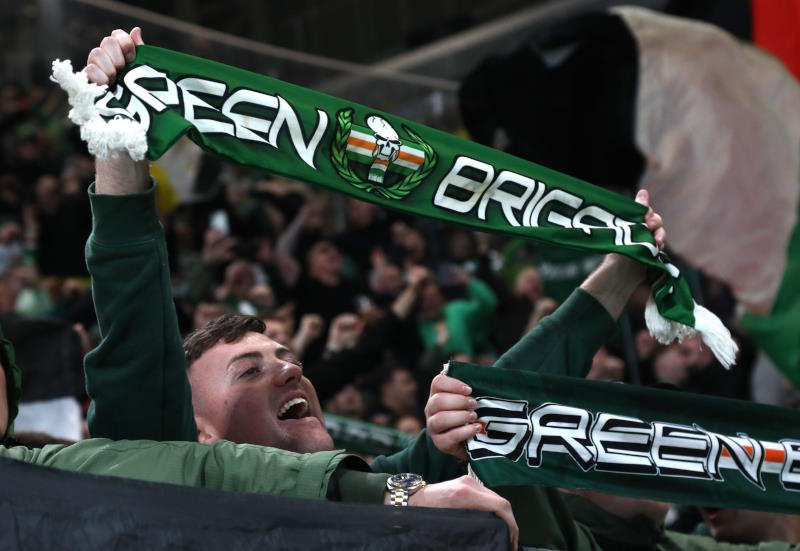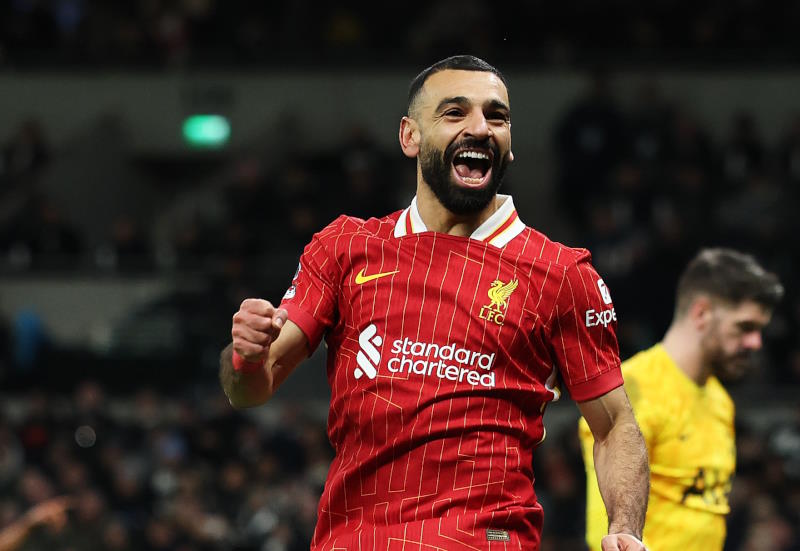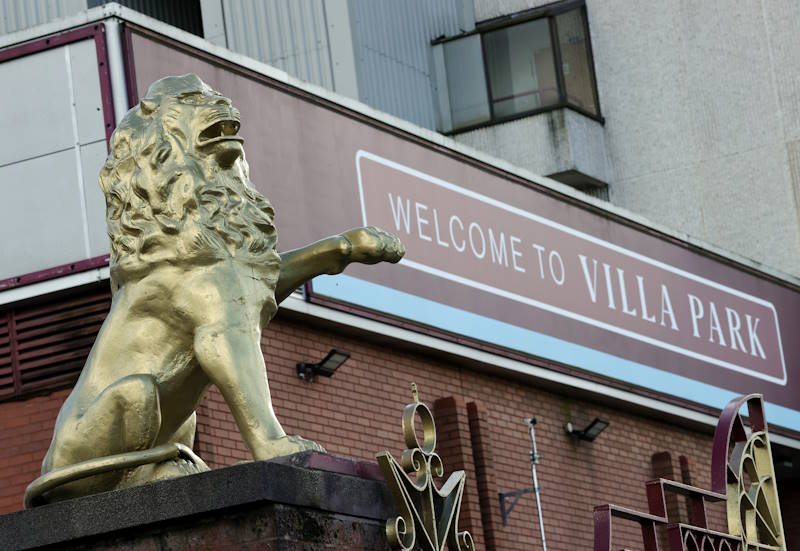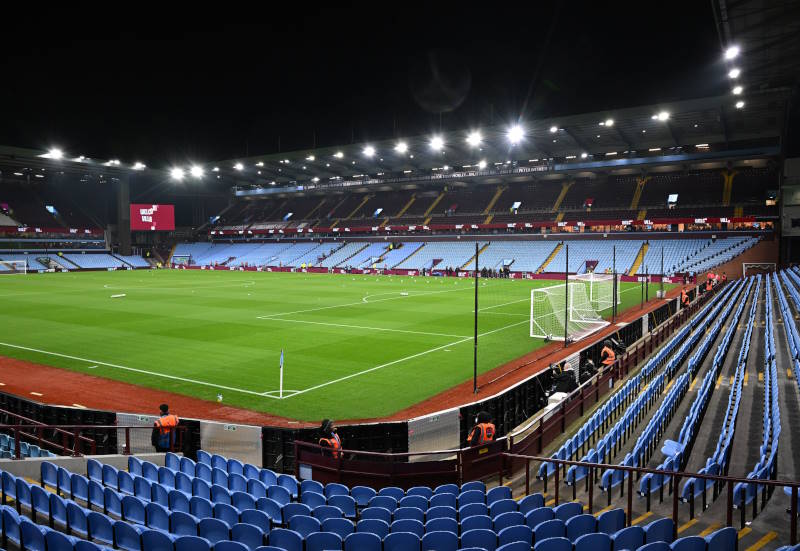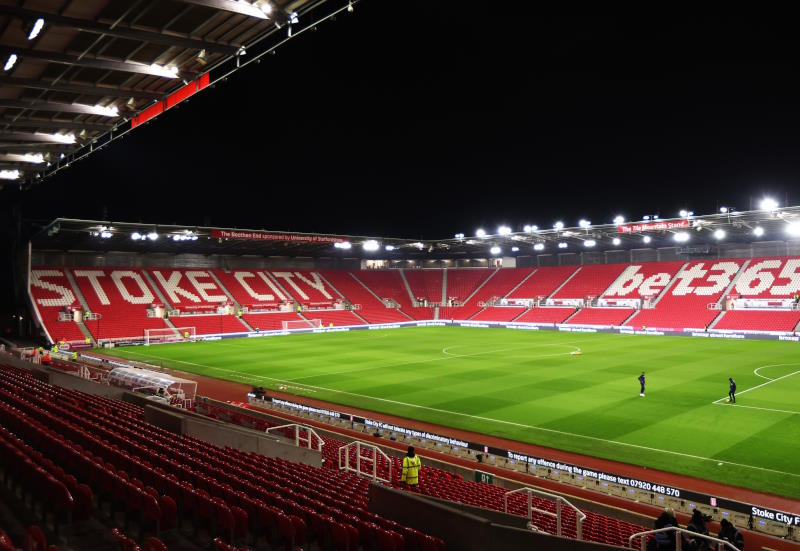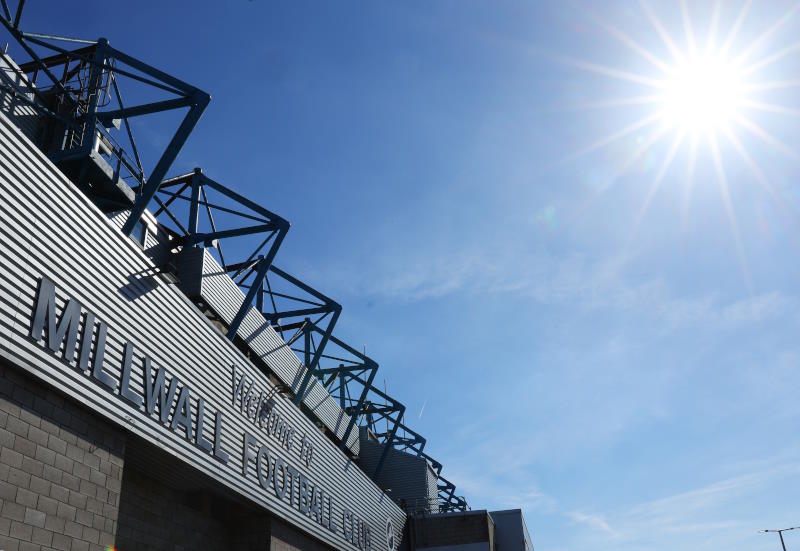Hassan Chamas
On the lookout for good ol’ rivalry football? Don’t turn your attention elsewhere, as Real Madrid vs. Atletico Madrid is as far as you need to look. It might not be Spain’s most anticipated match of the season, but it’s as sure as hell finishes close to second place.
Like all local rivalries, the competition between both clubs was nurtured based on different grounds. You see, the development of Real took some time before the club settled on the blueprint that you see today, as the club was first created by a number of Oxbridge students who came to Spain in order to introduce football.
After undergoing a series of splits as problems began to erode to the surface, the club chose the name Madrid Football Club, or Madrid FC, and began disputing its matches in the famous Charmartin Stadium. After some eye-catching displays, including winning the first four Copa del Rey titles, former king Alfonso XIII, a renown football fan, bestowed upon the team the prefix “Real” in 1920, a nomenclature that would remain attached to the team until the start of World War II in 1937, a time when the club – along with the rest of Spanish football – rapidly became marginalized.
As WWII ended, Santiago Bernabeu Yeste – arguably the most significant man in the club’s history – did everything in his power to raise Real from the ashes, and started his revolution by attracting several important South American players to the club, of whom the famous Alfredo di Stefano. Under the guidance of Ferenc Puskas, Francisco Gento, Jose Santamaria and di Stefano, the club would embark on one of its most illustrious times, in the process winning 5 Champions Leagues (formerly known as the “European Cup”), until becoming the famous stronghold that it is today, and was named in 2002 as “The Best team of the 20th Century”, with 31 domestic league titles and 9 Champions Leagues all but a few accolades to name.
Atletico, on the other hand, stemmed from different ground. The team was founded in 1903 as Athletic Club de Madrid by Basque students, who were joined at some point by dissident members of Madrid FC. Since then, the club has enjoyed mixed fortunes, jumping in and out of the Primera Division since the establishment of the competition in 1928. However, 1940 became a reference point in the club’s history, as Ricardo Zamora guided the team to their first La Liga title, an honour they retained the following season.
Under Helenio Herrera, Atletico Madrid reproduced their double domestic win a decade later. By 1953, the club started to slip down the pecking order in the race for Spain’s best team as that year marked the beginning of Barcelona and Real Madrid’s struggle for the Spanish crown, by starting the influx of South American players.
Whether down to divine inspiration, or simply bad luck, it just happened to be that during the periods where Atletico Madrid were back to their very best, neighbours Real were just on a streak themselves, as Los Merengues managed 14 league championships between 1961 and 1980. Yet Los Colchoneros managed to get away with some La Liga titles of their own on five different occasions in that time. They even finished runners-up on a multitude of occasions.
The 70s had a different taste for Atletico fans, as the team succeeded in reaching the European Cup final in 1974. Boasting some big names such as former Spain coach Luis Aragones, Javier Irureta, and goalkeeper Miguel Reina – father of current Liverpool custodian Jose “Pepe” Reina – the team went all the way to face Bayern Munich. Harbouring some legendary players such as Franz Beckenbauer, Sepp Maier, Uli Hoeneb and Gerd Muller, the Germans proved to be too strong for Atletico in both legs, and eventually won the trophy in what was the team’s last continental championship finale to date.
Shortly after his footballing exploits as a player, Luis Aragones was called in to be the team’s coach on a number of occasions – 4 different spells to be accurate – winning the league and cup trophy numerous times. Yet by 1987, the club had entered a dark age, enduring a decade without the title. Despite signing major players such as Christian Vieri in 1997, the club’s fortunes just kept declining, and subsequently, they were relegated to the Segunda Division in 2001 before making a return the following year.
Since then, largely thanks to Fernando Torres, the club bought several class players following the sale of El Niño to Liverpool in 2007 and have been fighting to get back to winning ways.
But enough with the history lesson for now. Back to derby talk, it’s pretty much similar in principal to all local derby encounters worldwide. Conversely, while the ones in Manchester, London, and Milan hold similarly identical platforms, the case is somewhat different in Madrid, where politics explains all.
You see, since the start of its ascension, Real Madrid have always been known as the “establishment club”, while other clubs such as Barcelona and Athletic Bilbao, have been labelled as “rebel teams” due to both regions, Catalunya and the Basque area lacking “Spanish patriotism”, and referring to themselves as independent entities, free of any Spanish governmental stress. As such, Athletic Bilbao have abstained themselves from signing non-Basque players, while Barcelona always displayed the famous slogan “Catalunya is not Spain” during some Blaugrana matches.
Furthermore, Real’s success during the 50s made it General Franco’s “precious team”, with many Spanish suits considering it back then as a rightful facade to Spain in general, with politicians naming it at one point as “The best embassy Spain has ever had”, a special messenger of Spain in light of the nation’s political isolation from the rest of Western Europe for holding right-wing ideals.
But the rift doesn’t end at this point. Real Madrid have long thought to be drawing supporters based on title counts, while Atletico were always cheered by the middle-class workers of Madrid. And the differences do not conclude here: Power versus People, bourgeoisie against working class, favoured opposed to the persecuted, and in the not so distant past, “Galacticos” battling mere men, are all some of the headlines that could describe a Real-Atletico match.
Statistically speaking, the numbers favour Real, who lead the duel with 76 derby wins, as opposed to 35 losses and 31 draws. Goal-speaking, Los Merengues managed to put 252 past their neighbours so far, and have in turn let in 191. Furthermore, it has been eight years since Atletico last beat Real, for their last win you have to go back to the 1999-2000 season, where they defeated their white rivals 3-1 at the Bernabeu. Real Madrid’s biggest win was 5-0 on two occasions, while Atletico managed a 6-3 score back in the 1950/51 campaign.
Not the clashes of clashes, but certainly one that will keep you on the edge of your seat for the whole ninety minutes. This kind of atmosphere is very rare to find elsewhere. Just ask past figures such as Luis Aragones, Hugo Sanchez, and current Madrid manager Bernd Schuster, who had the opportunity to wear both shirts. While results have been pro-Real since the turn of the millennium, things might turn out different this time around with Atletico’s ever growing, impressive squad.


